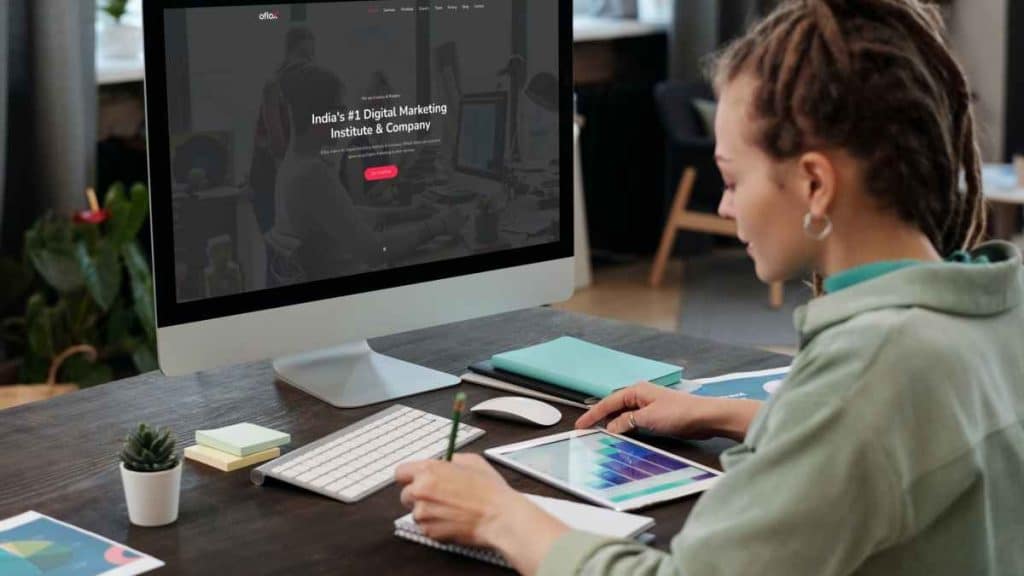Introduction
Professional Coaching is one of the most effective ways to drive employee development and increase engagement, but it’s not always easy to implement. Coaches are often in high demand and may not be able to meet the specific needs of every employee or department. Luckily for businesses, digital coaching can help ensure that every employee has access to a coach who can help them succeed in their role. In this blog post we’ll take a look at how digital coaching can benefit your business, why it’s so important, and what types of digital coaches exist today:
The Importance of Coaching
Coaching is an incredibly powerful tool to help your employees develop. Coaching is often thought of as a process of helping people to achieve their goals, but it’s also about helping them develop their skills and abilities, as well as building their confidence.
This can be done through one-on-one meetings with your employee where you provide feedback on how they’re doing at work or what areas they need to work on in order to improve. For example: “You need to work harder on being more organized if you want this project to succeed” or “I think that your presentation skills could use some improvement; let’s talk about how we can make them stronger.”
Digital Coaching Is the New Normal
Digital coaching is the new normal. But it’s not just about the technology, which will always be evolving. It’s about how you use digital coaching as a way to deliver coaching to employees in a way that is convenient for them, so they can get their work done while they receive feedback and guidance from their managers. And because it happens via a coaching app or website like CoachHub, there are no extra steps involved; employees don’t have to leave your office or call into an 800 number just to get some help with their work tasks.
How Digital Coaching Can Help Your Business Thrive
People thrive when they have supportive relationships at work, and this can be especially true for employees who are new to a company. Coaching is a great way of building those crucial connections, as it allows you to create more informal bonds with your employees in an environment where they feel comfortable talking about what’s going on in their lives.
Coaching also makes the workplace more inclusive for everyone by ensuring that all your employees feel comfortable expressing themselves at work. That’s because coaching focuses less on how well someone does their job; instead, it emphasizes how well you can relate to each other as people—a skill that anyone should be able to use regardless of how proficient he or she might be at his or her job.
Finally, coaching helps retain valuable talent by ensuring that your company offers benefits beyond just having good paychecks (which isn’t always enough). When someone feels valued by his or her employer—whether through rewards like bonuses or simply being treated with respect—they will likely want to stay there longer than if he or she was merely paid handsomely without any added perks!
Digital coaching is the future of employee development.
Digital coaching is the future of employee development. It allows for more frequent communication, increased transparency, and better tracking of progress.
Employees can receive coaching from their managers or from someone else who has been trained to coach others in their company. The process starts with an assessment that determines what needs to be worked on and how much time is needed to accomplish the goal(s). Then a plan is created, which may include tools like tutorials or videos on specific skills. There’s also follow-up support through monthly check-ins so that employees know they’re still on track and get the encouragement they need along the way.
Conclusion
As we’ve discussed, coaching has become an essential part of ensuring that your business thrives. It allows employees to stay engaged and motivated, fostering an environment where they can work productively and thrive in their careers. Coaching also helps managers identify issues before they become serious problems—like when you have to spend time replacing an employee instead of training them! Digital coaching is not only more convenient for employees than in-person sessions but also gives them access to the expert advice they need even when they aren’t physically present at work. If you want your company to succeed in today’s competitive landscape, it’s important that everyone feels supported by their leaders; this means investing time into developing each person as well as providing digital tools that make learning easier than ever before.”
